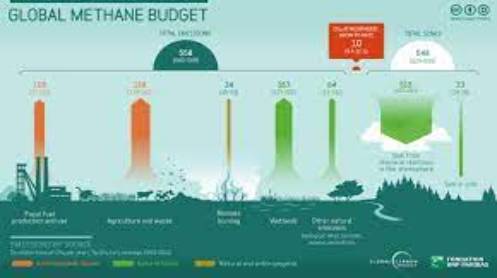Pakistan Advocates for Concessional Climate Financing at UN Session
During a United Nations meeting focused on sustainable energy goals, Pakistan emphasized the urgent need for concessional climate financing to aid developing countries in transitioning away from fossil fuels. Ambassador Munir Akram highlighted that without such financing, achieving set targets would be challenging for developing nations.
In his remarks at the ‘Group of Friends for Sustainable Energy’ meeting, Ambassador Akram emphasized that energy plays a central role in both the 2030 Agenda for Sustainable Development and global climate objectives. He stressed the necessity of a just, orderly, and equitable energy transition, calling attention to the need for an additional 1000 GW of renewable power annually to meet the 1.5-degree Celsius temperature target.
Akram outlined the significant investment requirements, estimating around $150 trillion in transition technologies and infrastructure by 2050. He pointed out the barriers to accessing private finance in developing countries, including capacity limitations, regulatory frameworks, and investment uncertainties.
To address these challenges, Akram proposed the establishment of a public-private entity under the UN’s auspices to coordinate sustainable infrastructure investment. This entity would facilitate stakeholder collaboration, develop comprehensive plans, promote international frameworks, and aid in project identification and preparation.
Pakistan reaffirmed its commitment to advancing this proposal and announced plans for a second meeting of the Group of Friends of Sustainable Infrastructure Investment, co-chaired by Pakistan and South Africa. The ambassador called for collective action to increase investment in sustainable infrastructure and drive forward the global energy transition.







